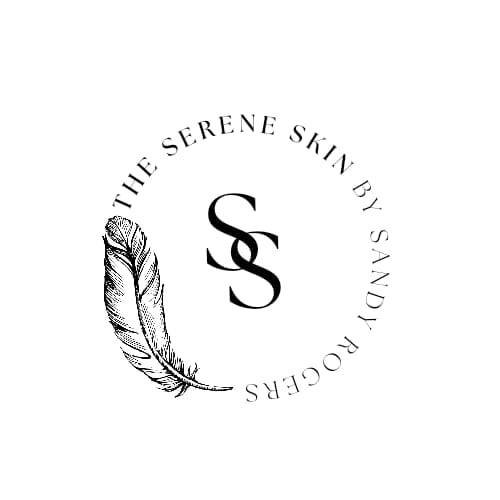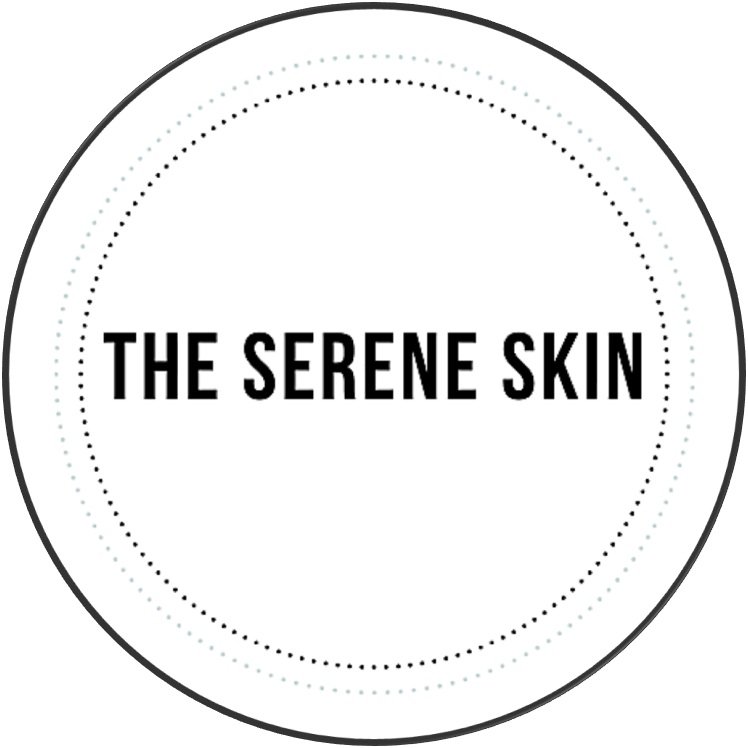Skincare Basics
OTC Skincare vs. Professional Skincare vs. Medical Skincare
Understanding the differences between over-the-counter, professional, and medical skin care can help you make informed decisions about your skincare routine. Each category offers unique benefits and serves specific needs:
OTC Skincare
What It Is: Products available at drugstores, supermarkets, or online without a prescription.
Who It’s For: It is suitable for individuals with mild to moderate skin concerns, such as dryness, essential anti-aging, or acne.
Pros: Affordable, widely accessible, and formulated for general use.
Cons: It may not contain high concentrations of active ingredients, limiting effectiveness for severe skin conditions.
Professional Skincare
What It Is: Products typically sold by licensed estheticians or dermatology offices. These are often used in conjunction with spa treatments or facials.
Who It’s For: It is ideal for those seeking enhanced results for anti-aging, hyperpigmentation, or acne with the guidance of a professional.
Pros: Higher quality formulations with 30% more active ingredients than OTC, making it so you don't have to use as much product and tailored recommendations from skincare professionals.
Cons: Typically more expensive per ounce.
Medical Skincare
What It Is: Prescription-strength products are designed to treat specific skin conditions, such as severe acne, rosacea, or melasma. These are dispensed by professionals, dermatologists, or healthcare providers.
Who It’s For: Individuals with significant skin concerns that require medical intervention or anyone who wants to use the highest quality products.
Pros: Clinically proven, potent formulations, 50% more than OTC active ingredients, designed for measurable results.
Cons: Some ingredients require a prescription; some products may have side effects or need a professional’s monitoring.

